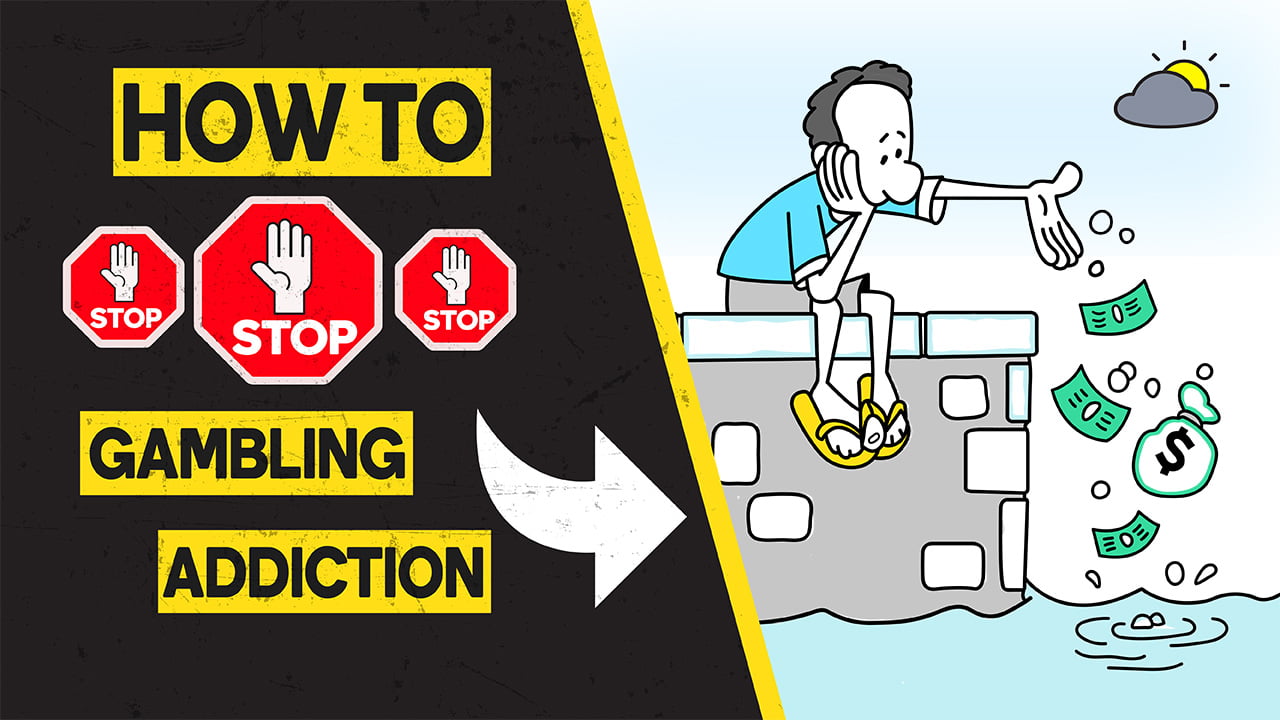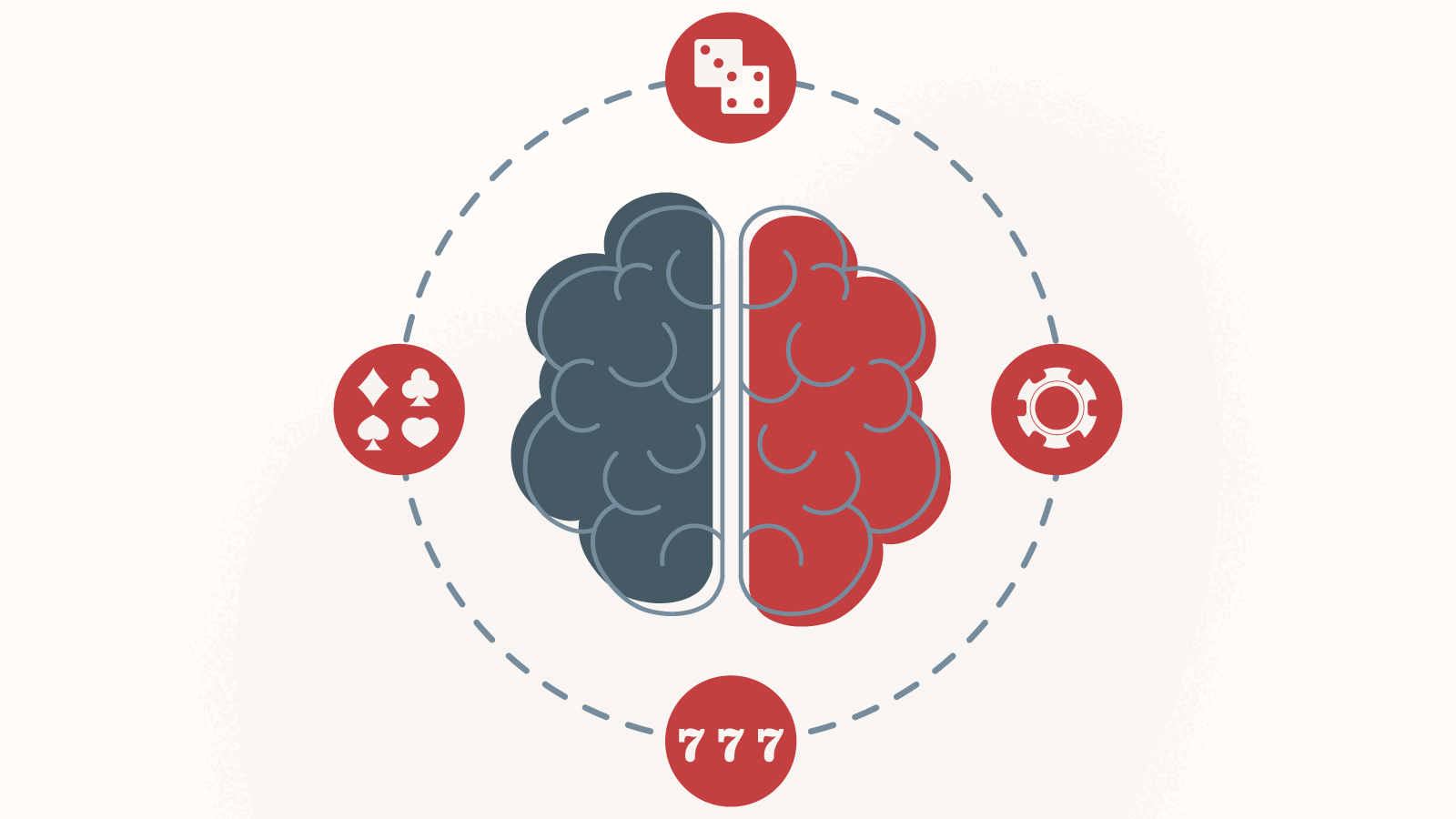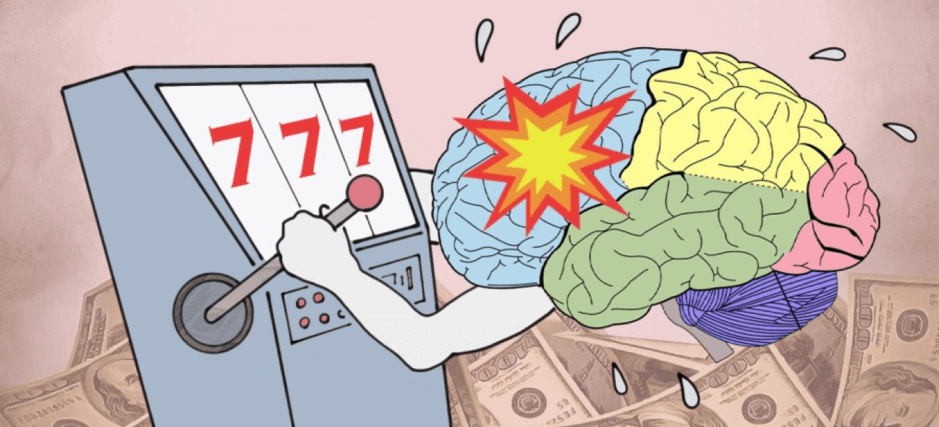In today’s digital age, where online casinos and gambling platforms are readily accessible, many ponder, “Does gambling make you poor?” This query has sparked countless debates among experts and individuals alike. This comprehensive article aims to explore the relationship between gambling and financial well-being, shedding light on the potential risks and consequences involved. Join us as we delve into the intricacies of gambling and its impact on personal finances.
The Allure of Gambling
What Draws People to Gambling?
Gambling has been a popular pastime for centuries, captivating individuals with the promise of excitement, entertainment, and the potential to strike it rich. It offers a thrilling escape from the mundane realities of everyday life, where the possibility of winning big fuels the imagination of players across the globe.
The Illusion of Easy Money
One of the main attractions of gambling is the illusion of easy money. The prospect of turning a small wager into a fortune can be alluring, especially when stories of overnight millionaires dominate headlines. However, it’s crucial to understand that these tales of success are the exception rather than the rule. The odds are stacked against the players, and the house always maintains an edge.
The Financial Perils of Gambling
The Impact on Personal Finances
While gambling can be an enjoyable recreational activity for some, it can quickly spiral out of control, leading to severe financial consequences. Excessive gambling often results in significant monetary losses, leading individuals to debt, bankruptcy, and financial ruin. The allure of a quick win can blind individuals to the long-term financial implications, causing them to disregard responsible financial practices.
The Cycle of Addiction
For susceptible individuals, gambling can evolve into a destructive addiction. Compulsive gambling can lead to a downward spiral of financial distress, as the individual becomes trapped in a relentless cycle of chasing losses and seeking the next big win. This detrimental behavior can strain relationships, lead to job loss, and contribute to psychological and emotional issues.

Seeking Balance and Responsible Gambling
The Importance of Responsible Gambling
While the risks associated with gambling are undeniable, it’s crucial to recognize that not all individuals who partake in gambling activities will experience adverse financial effects. Responsible gambling practices can help mitigate the potential harm and ensure that individuals enjoy the activity without compromising their financial stability.
Setting Limits and Budgeting
Establishing clear limits and a strict budget is essential when gambling. By setting a predetermined amount of money to spend and sticking to it, individuals can prevent impulsive and reckless behavior that may lead to financial hardship. Moreover, separating gambling funds from essential living expenses can provide an added layer of protection.
Educating Yourself
Knowledge is power when it comes to gambling. Understanding the mechanics of the games you play, the odds involved, and the strategies experienced players employ can significantly increase your chances of making informed decisions. Engaging in thorough research and seeking expert advice can enhance your gambling experience and minimize potential financial risks.
Conclusion
While gambling may offer excitement and entertainment, it’s essential to approach it with caution and clearly understand its potential impact on your financial well-being. By recognizing the risks, setting responsible limits, and educating yourself, you can enjoy the occasional flutter without jeopardizing your financial stability. Remember, the true winners are those who exercise self-control and prioritize long-term financial health over the allure of instant wealth.





